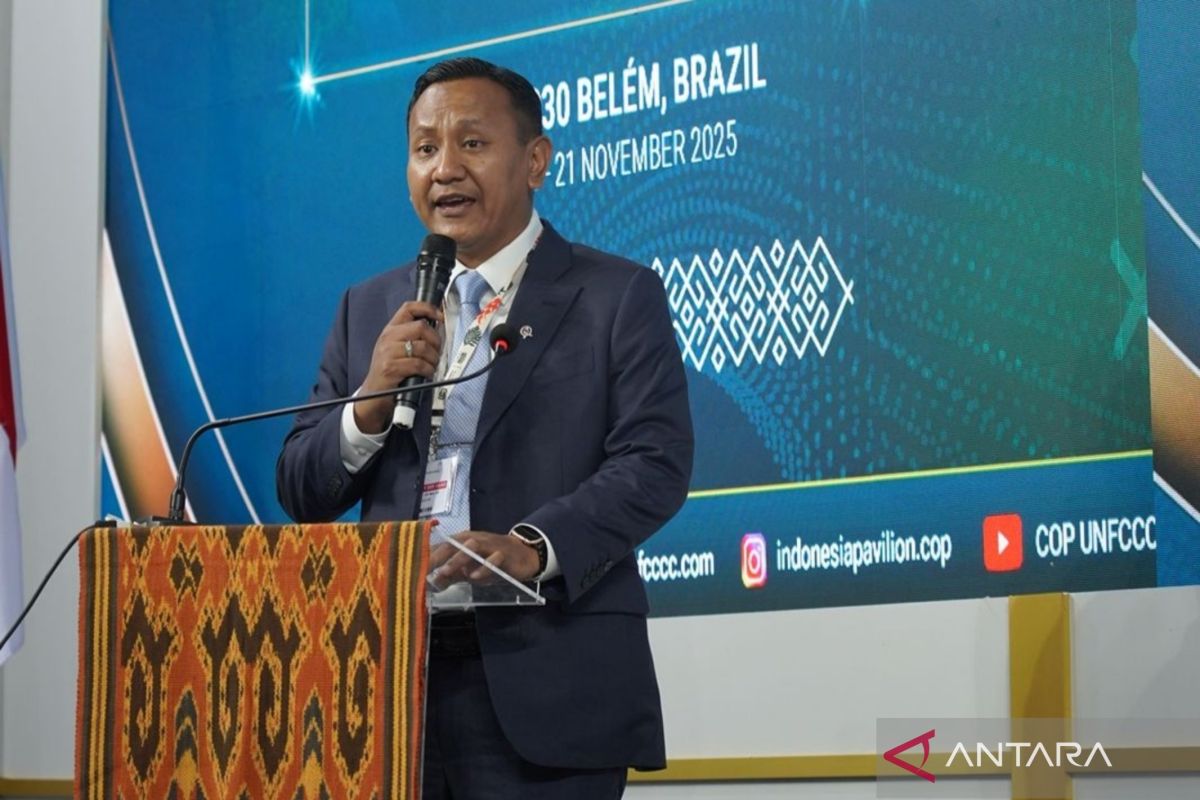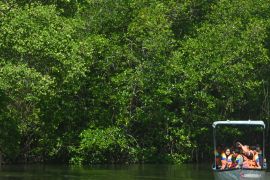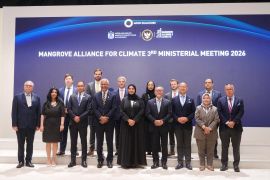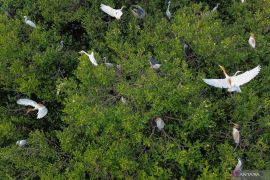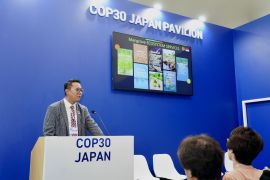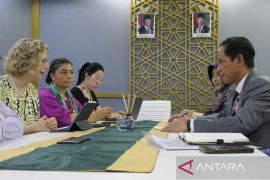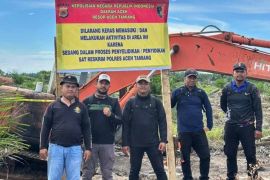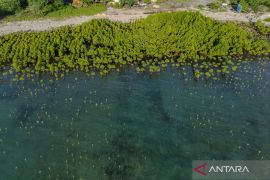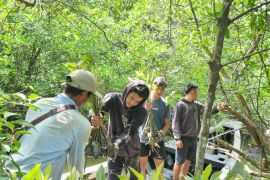The partnership was reaffirmed during a bilateral meeting between Indonesia’s Deputy Forestry Minister Rohmat Marzuki and officials from the Japan International Cooperation Agency (JICA), held on the sidelines of the Tropical Forest Summit in Belém, Brazil, on November 11, 2025.
“We deeply appreciate JICA’s support and flexibility in ensuring a smooth transition and keeping the project aligned with our shared vision of sustainable mangrove management and climate resilience,” Rohmat said in a statement on Wednesday.
Following Indonesia’s recent government restructuring, the Forestry Ministry has assumed the role of lead implementing agency for the joint project.
Both parties have revised the 2024 Record of Discussion (RoD) to reflect the new institutional structure and a streamlined project design.
The meeting also addressed the management of the Mangrove Information Center (MIC), which serves as Indonesia’s contribution to the World Mangrove Center (WMC) network.
The ministry pledged to enhance the MIC’s role as a hub for learning, research, and knowledge-sharing at both regional and international levels.
“Our goal is to establish the MIC as a global knowledge center that showcases best practices, scientific data, and policy innovations from around the world,” Rohmat said.
He added that technical preparations are underway to ensure the MIC’s operational readiness, including facility upgrades, expert recruitment, and coordination with relevant ministries and agencies.
“We look forward to JICA’s continued support in enhancing the MIC’s facilities and technical capacity so it can operate fully within the WMC framework,” he said.
Meanwhile, the Environment Ministry is developing a zoning map to support Indonesia’s goal of rehabilitating 600,000 hectares of mangrove areas by 2029.
Deputy for Environmental and Sustainable Natural Resources Management Sigit Reliantoro said the map will identify suitable zones for mangrove rehabilitation based on salinity, pH levels, and other ecological factors.
The rehabilitation effort began in 2025 under the Mangroves for Coastal Resilience (M4CR) program, which aims to restore 15,387 hectares across four provinces this year.
Translator: M.Riezko BEP, Rahmad Nasution
Editor: Aditya Eko Sigit Wicaksono
Copyright © ANTARA 2025
